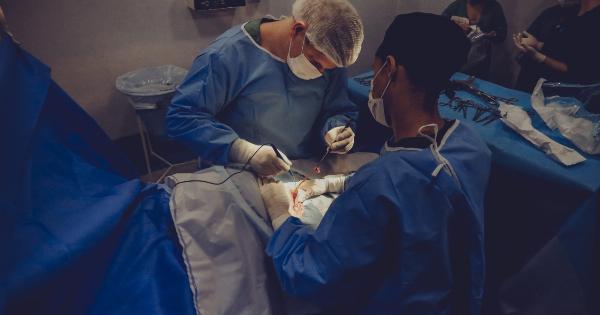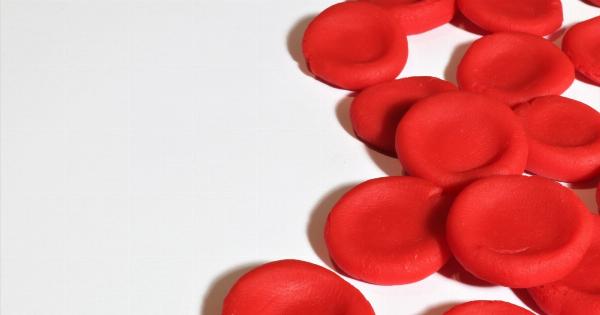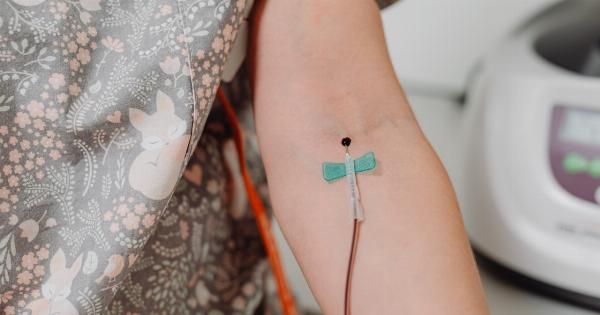Aging is a natural process that affects everyone. As we grow older, our bodies go through changes, and we become more susceptible to age-related diseases and health problems.
However, recent studies suggest that our blood may hold the key to unlocking the secrets of eternal youth. This exciting new area of research is exploring whether blood transfusions could help to reverse the effects of aging and restore youthful vitality.
What is aging?
Aging is a complex process that involves a range of biological changes and cellular processes. As we age, our bodies experience gradual changes that affect our organs, tissues, and cells.
These changes can lead to a range of age-related diseases, such as Alzheimer’s disease, osteoporosis, and heart disease. Aging is a natural process, but it can be accelerated by factors such as poor diet, lack of exercise, and exposure to environmental toxins.
What is blood plasma?
Blood plasma is a yellowish liquid that makes up around 55% of our blood. It is a complex mixture of water, proteins, hormones, and other compounds that help to transport nutrients, oxygen, and waste products around the body.
Blood plasma also plays a crucial role in regulating our immune system and maintaining our overall health and wellbeing.
What is blood transfusion?
Blood transfusion is a medical procedure in which blood or blood products are transferred from one person to another. This is done to replace blood that has been lost due to injury, surgery, or illness.
Blood transfusions can also be used to treat certain conditions, such as anemia or bleeding disorders. The blood used in transfusions is carefully screened to ensure that it is compatible with the recipient’s blood type and free from any infections or diseases.
Can blood transfusions reverse aging?
Recent research suggests that blood transfusions could play a role in reversing the effects of aging.
Studies have shown that transfusions of blood plasma from younger individuals can improve cognitive function, enhance muscle strength, and boost overall vitality in older adults. Researchers believe that this may be due to the presence of certain proteins and factors in young blood that can help to repair and regenerate cells and tissues.
What are the risks of blood transfusions?
Although blood transfusions are generally considered safe, there are some risks associated with the procedure. The most common risk is the possibility of an adverse reaction to the transfused blood.
This can include fever, chills, itching, and difficulty breathing. In rare cases, more serious complications can occur, such as anaphylaxis, a severe allergic reaction that can be life-threatening.
To minimize the risk of complications, all blood used in transfusions is carefully screened and tested for infections or diseases.
What is the future of blood transfusions and aging?
The potential of blood transfusions to reverse the effects of aging is an exciting area of research.
However, it is still in its early stages, and much more research is needed to fully understand the mechanisms involved and to develop safe and effective treatments. In the future, blood transfusions could become an important tool for improving health and wellbeing in older adults.
Conclusion
In conclusion, blood transfusions could hold the key to unlocking the secrets of eternal youth. While the concept of using younger blood to reverse the effects of aging is still in its early stages of research, the potential benefits could be enormous.
With more research and development, blood transfusions could become an important tool in the fight against age-related diseases and health problems.



























